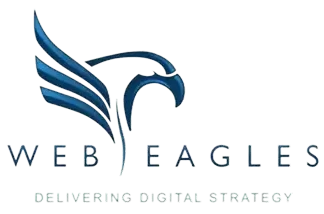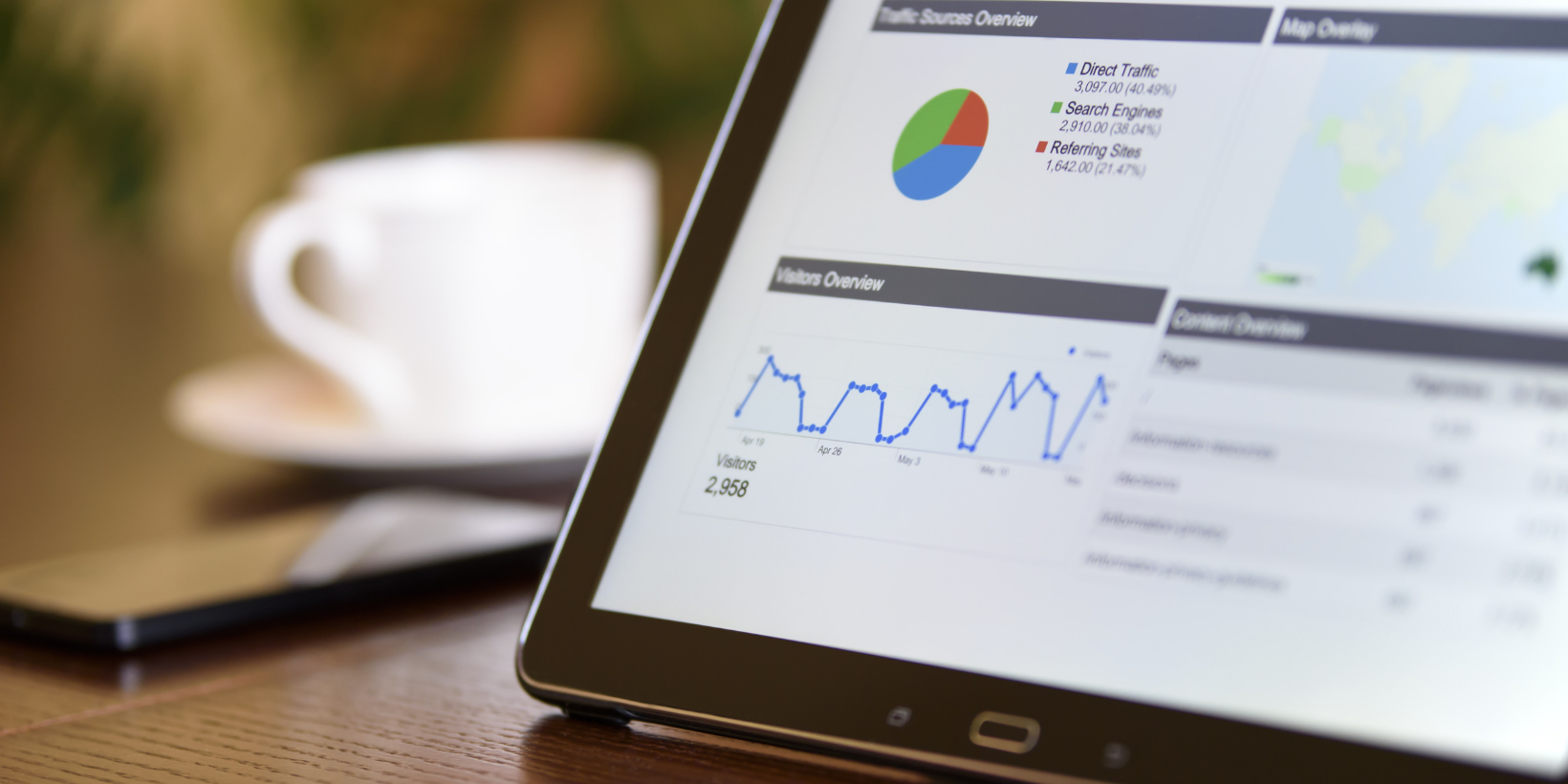How We Do SEO Audits
SEO audits are an evaluation of your website and search engine compatibility in a number of areas. SEO audits help us identify website performance in a number of areas that need improvement and create an action plan to continuously improve it.
An in-depth SEO audit generally includes 4 technicals areas;
- Technical Analysis
- On-Page Audit
- Off-Page Audit
- Competitive Analysis
When is an SEO Audit needed?
As Google is continuously updating its search algorithms it’s important that we keep our website health in check. It is recommended to perform a regular SEO check at least once a month and a comprehensive website audit every quarter.
As part of a SEO evaluation, the initial technical audit shows whether the website has any technical issues that affect its performance.
Technical SEO Audits not only help in optimizing the website speed but the ultimate goals are to ease the crawl and indexing the website in search engine, fix broken links, optimize speed and ultimately improve the ranking of the website.
What is checked by an SEO Audit?
After doing a comprehensive research on the different SEO audit strategies and leading tools, I came up with a list of 60 points that you should be checking.
To make it easier for you to implement, the audit list is divided into 5 segments: on-site SEO, website control, social media, off-site SEO and website promotion.
To make sure your website is optimized for search engines, you need to update and review the following factors:
Titles and Descriptions
Both of these have to be unique for each page and within the specified size. The title and description have to be simple with the goal that the user can tell from the title what the page is all about and the description an advertisement of what the page has to offer.
URL Structure
Check that the urls for each page are unique and properly formatted. Good URLs include keywords (but they are not keyword stuffed), include hyphens (‘-‘) to separate the keywords, are unique for each page and are less than 255 characters (including the domain name).
Content
In the digital world content is the most valuable currency that you can invest in. Needless to say that the content of your website not only have to be unique but also valuable and informative.
Google Analytics can help you identify the most popular pages, furthermore, create a content plan including an editorial guideline to check all the content on your website for grammar errors, formatting issues. A good content plan will help you keep informative, up-to-date content for your target market.
Internal linking
Linking your pages together is useful to both search engines and users. Check and make sure that you are linking related pages by taking into account these 4 factors:
- Use full page titles and non-keyword anchor text for internal links
- Give the greater number of internal links to pages that your want to rank better on search engines.
- Provide between 2-10 internal links per page
Images
Images have proven to improve the website experience for its users. They make the web page easier to read and are make the article/page more attractive when shared on social media. Please heed a couple of warnings first before making your website image rich:
- Firstly, image heavy sites are slower than most other websites on the web. It’s very easy to give users are poor experience when they have to wait for each to load.
- Google can’t index images on their own when there is no keyword context.
So how do we fix these?
- Make sure Image file names are descriptive and about the topic on the page. The file names can include keywords but make sure not to overdo it.
- Define the ALT tag, also descriptive with keywords.
- Make images no bigger than 300 Kbytes in size
- Compress all images to reduce the file size. You should consider using a Content Delivery Network (CDN) if your website includes a lot of images.
Broken links
Broken links have proven to be poor for user experience and is not good for your website SEO. A large number of broken links indicate to Google that your website quality is low and that you are not maintaining it properly.
Page speed
From my experience, handling website page speed is one of the most important and difficult tasks for any webmaster. It is one of the most important SEO ranking factors in 2017. Many recent studies have shown that good website loading speeds help improve rankings and increase your conversion rates.
You can review your website page speed on Google page insights, this tools can give you solid recommendation on what needs to be fixed immediately.
Some other recommendation includes:
- Compress images or use a content delivery network (CDN) for fast page load
- Minimize Http calls by using sprites and browser caching
- Minify your CSS and HTML to make their size smaller
- Use a compression plugin or page speed service
- Remove unnecessary JavaScript from pages
If you need one of our online marketing specialists to run a free website audit for you please don’t hesitate to contact us today.
Stay tuned for our article on Off page SEO Audits.


